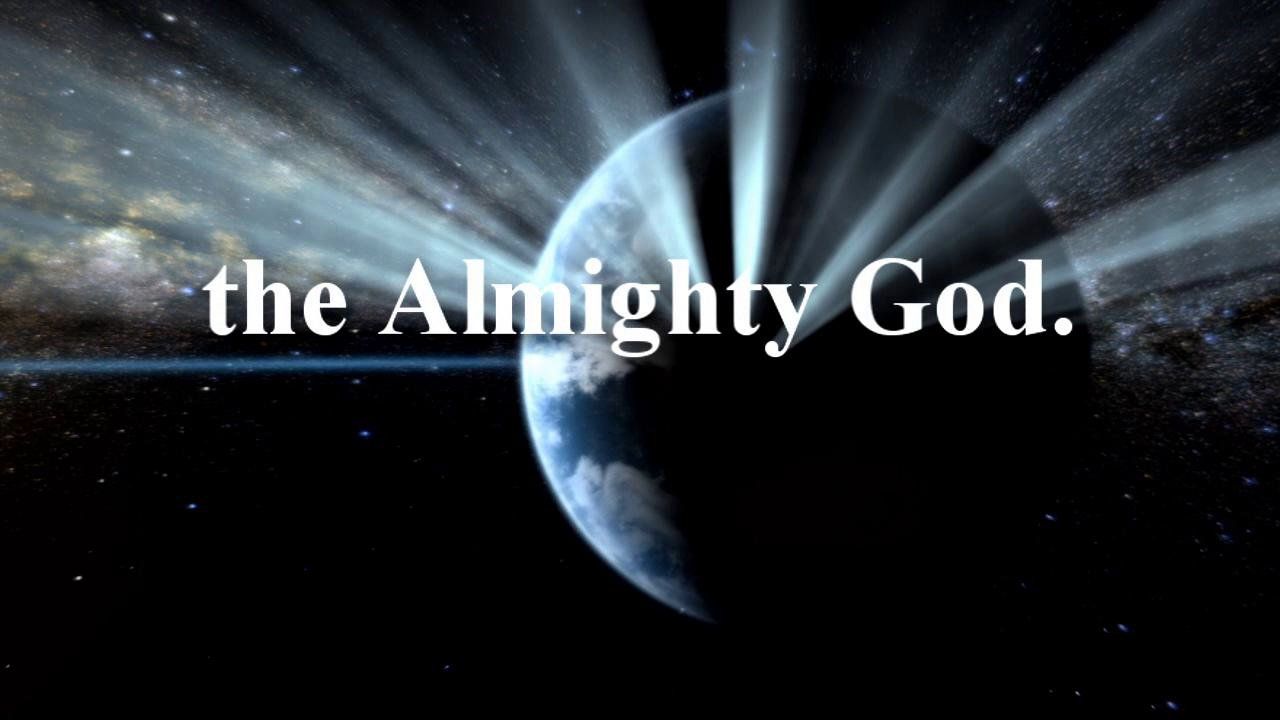Yes. Why is our world not stress-free and pain-free? Why is our world not like a paradise, full of pleasure without end? Yes. When contemplated carefully, we would discover that today, humanity suffers two types of calamities: voluntary and involuntary.
Voluntary calamities are self-inflicted ones. The involuntary ones refer to portents and occurrences in the phenomena which are beyond human interventions. Voluntary calamities which humanity suffer today are reminiscent of that which befell our progenitors, Prophet Adam and Hawa (upon them be peace and blessings of Allah) in paradise.
They were shown clues about the abyss but they chose to descend into it. Our forebears were shown what they should avoid but they opted to embrace the forbidden. Eventually they enjoyed divine redemption.
Brethren, one other reason we witness tragedies and calamities in our world today is our refusal to acknowledge that which we know: that there is a law of cause and effect in the phenomena. By the design of the Almighty, only the earth is capable of bringing forth plants and fruits, not the skies; only the skies is able to bring down water; only the sun can bring forth heat and temperature.
The Almighty (may His name be exalted) backs this up by enacting eternal laws which strengthen these natural laws. Once the elements which hold the phenomena is upset, it is expected that the other rule would naturally follow. For example, whenever a man decides to jump, headlong, from a three- storey building, such becomes a voluntary infraction of the divine law of gravity and a free choice for self-liquidation.
Whenever a society decides to treat corruption with kid gloves, when every case of corruption is treated as ‘family affair”, when accusations of graft and sleaze dealings are bogged down in the morass of counteraccusations, when someone who steals a billion naira from the national treasury is asked to pay one naira as fine, what should follow these ‘causes’ would include retribution and anarchy.
Brethren, nations before us existed for centuries despite their choice to disbelieve in the existence of the Almighty; but they perished the moment the scale of justice was tilted in favour of the rich and the powerful. Yesterday, a man in our village stole a goat and he was imprisoned for ten years; today a big man steals billions of naira and he is asked to ransom himself with less than a million naira!
But the problem, dear brethren, is that some of us see nothing extraordinary in these events while some among us are capable of appropriating their inner meanings. Yet some others among us would need to have four eyes in order for them to see beyond their noses.
For example, everyday we see the wise who is manacled in poverty; we behold the foolish and the ignoramus who command millions of naira. To those who cannot see beyond the apparent, the world of the Almighty is full of evil. In fact, to such people, the Almighty does not actually exist!
But men and women of understanding know that the world is not all evil. We know that the world is equally full of beauty, health, progress and prosperity. We also see goodness among people. We encounter faithfulness, sincerity, charity, love and the spirit of sacrifice.
In fact, elements of goodness are more in creation than those of evil. There are more people who are healthy than those who are sick. Imagine a situation where the opposite was to be the case: that there are more sick people than healthy ones. How many hospitals, medics and care-givers shall we need? Is it also not true that there are more haves than haves-not?
Is it not true that there are more God-conscious beings than the corrupt, the dissolute and disbelieving ones? All these point to one thing: as far as the Sunnah, the way of the Almighty is concerned, goodness is the rule and evil is the exception; virtue is the norm and sin is the aberration. Ask yourself: which is the norm in your life: is it goodness or evil?
The answer to the question, why does He allow suffering on earth lies in the Quran- so that humanity may turn to Him in repentance (Quran 9:126).
The Almighty permits suffering as a reminder to us that this world is not a permanent abode. Neither the good things of this world are forever, nor the bad things eternal. (Quran: 21:33-35).
Calamities occur as test for our patience and steadfastness (Q2:155-157).
They equally occur as tests for others who are hale and hearty.Our teacher enjoins us thus: “Leave the world to those who hanker after it, as they leave the Afterlife to its seekers. And be in this world as the bee: it eats only good, produces only good, and when it rests upon anything it neither ruins it nor deflowers it.

 Join Daily Trust WhatsApp Community For Quick Access To News and Happenings Around You.
Join Daily Trust WhatsApp Community For Quick Access To News and Happenings Around You.


